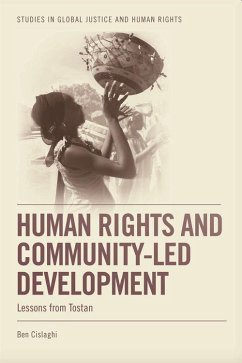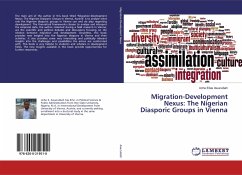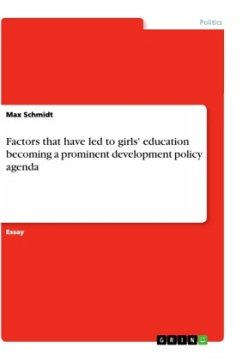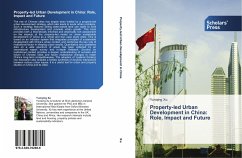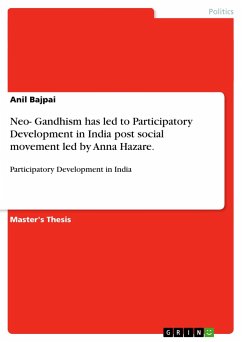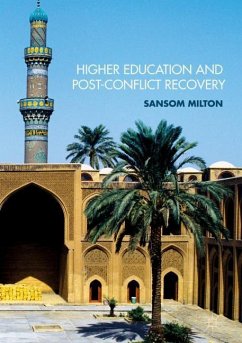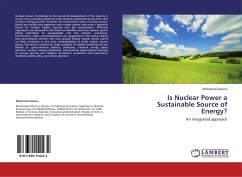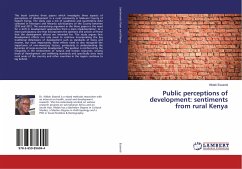Nicht lieferbar
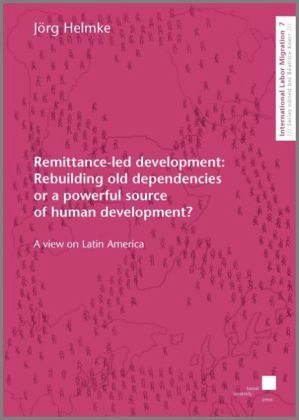
Remittance-led development: Rebuilding old dependencies or a powerful source of human development?
A view on Latin America
Versandkostenfrei!
Nicht lieferbar
In times of migrant waves desperate to reach European shores or crossing the Rio Grande into the United States the controversy on remittances as the new development panacea has become a question of major relevance. This is especially true for Latin America where remittance flows have constantly been on the rise and risen up to more than 60 billion US$ in 2009. While a certain financial benefit for the migrant worker and his or her family is undeniable the question remains if and to what extent the financial benefits accrue to the source country as a whole. By applying a broad development conce...
In times of migrant waves desperate to reach European shores or crossing the Rio Grande into the United States the controversy on remittances as the new development panacea has become a question of major relevance. This is especially true for Latin America where remittance flows have constantly been on the rise and risen up to more than 60 billion US$ in 2009. While a certain financial benefit for the migrant worker and his or her family is undeniable the question remains if and to what extent the financial benefits accrue to the source country as a whole. By applying a broad development concept including poverty, inequality, education, health and gender indicators, the author shows to what extent remittances have helped to improve living conditions in the affected outmigration societies. This investigation is to be understood as a contribution to the international debate on the suitability of remittances as a development tool. Main focus is put on the empirical evaluation of thecorrelation between remittances and development - pursuing a critical development perspective from the south at all times.




